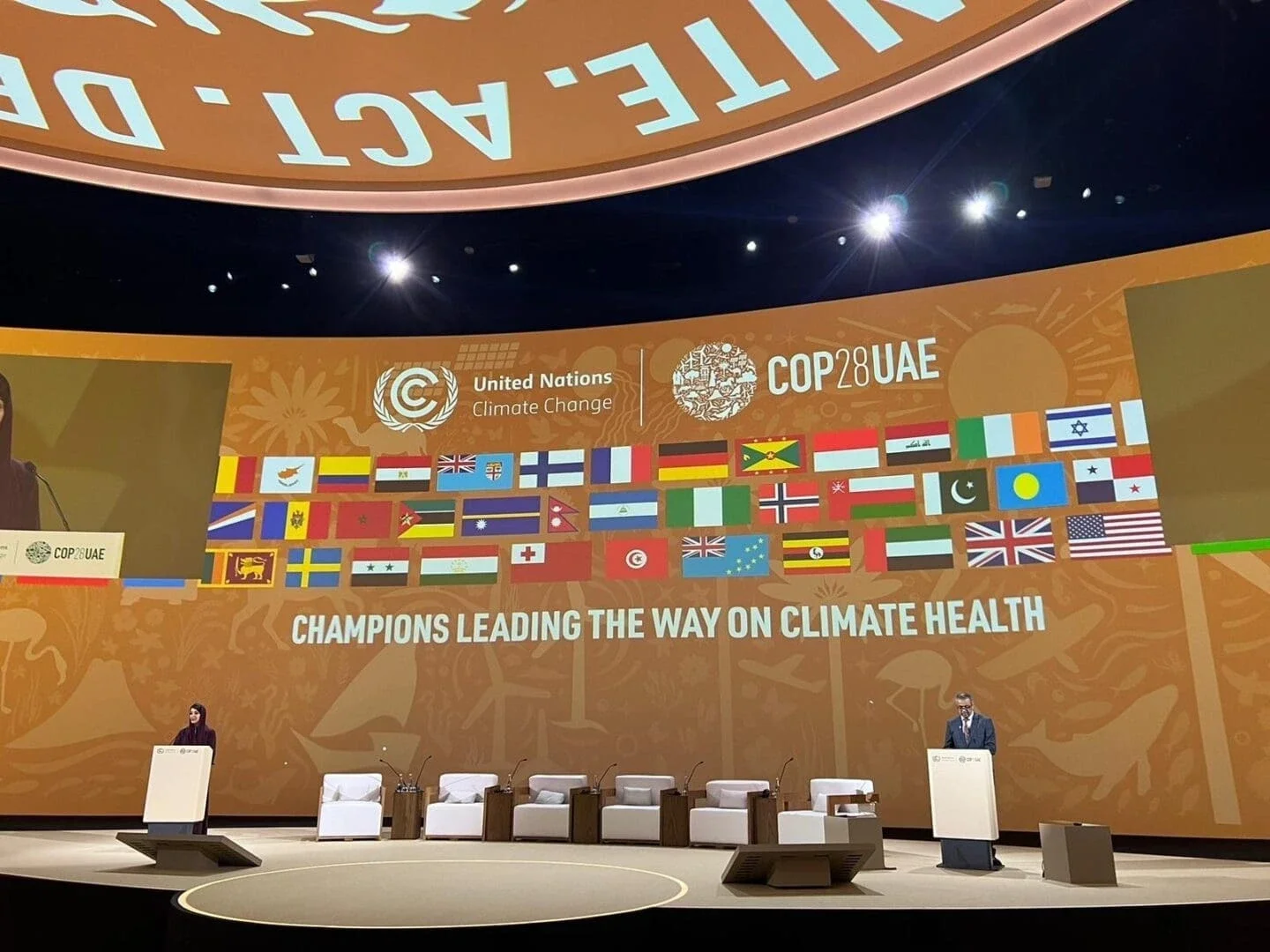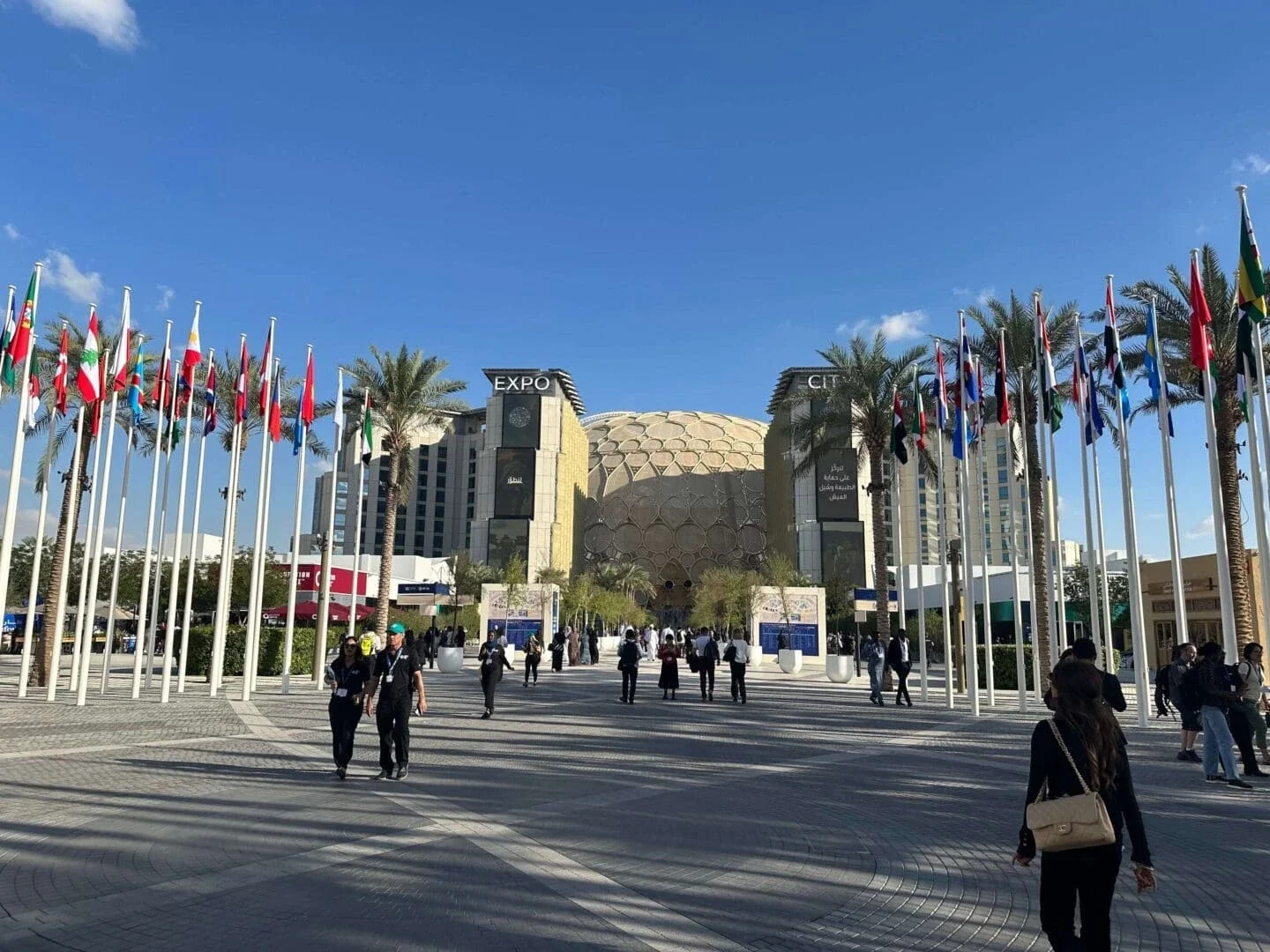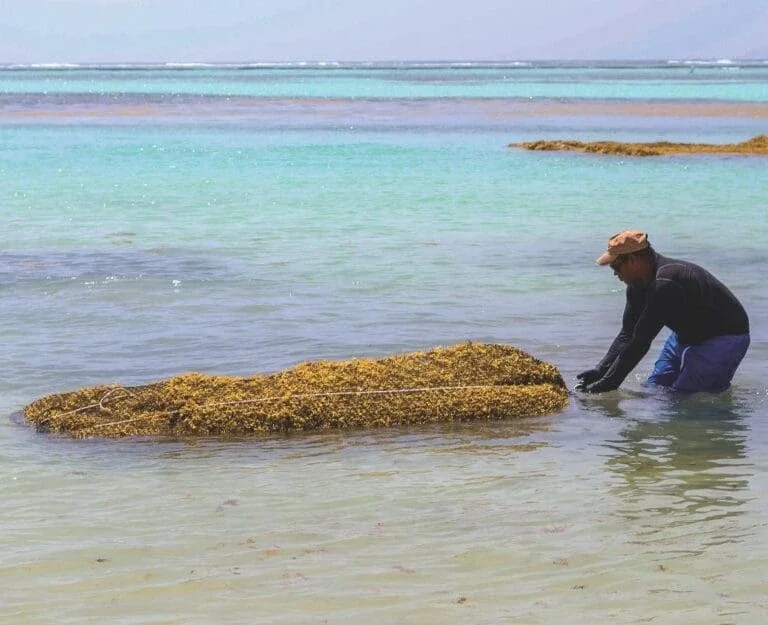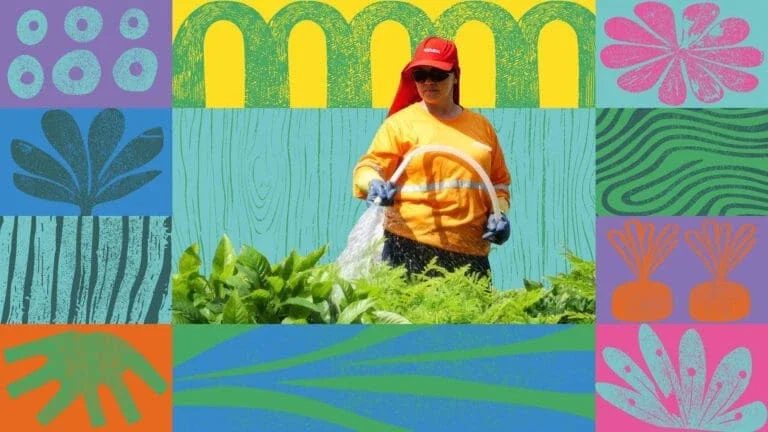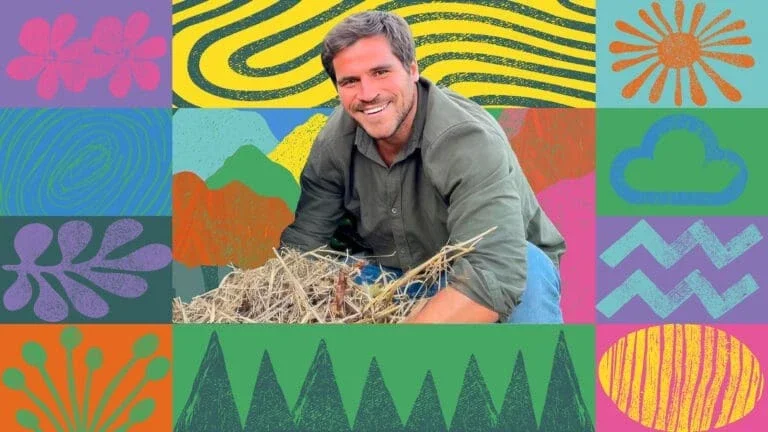“Everyone needs to know this is not just about climate, polar bears, and glaciers. This is about my lungs and your lungs,” Dr. Maria Neira, Director of The World Health Organization (WHO), spoke to a captive audience at the first ever “Health Day” during the 28th annual United Nations conference on climate (COP28). “We are not just negotiating carbon; we are negotiating lives.”
The futuristic city of Dubai is home to the world’s tallest building and cradled by a ship-studded coastline. From November 30 – December 12th, it hosted 70,000 delegates to COP28. The conference is designed to measure annual progress and negotiate new commitments on climate action. It’s a moment ripe for partnership and unexpected connections.
- 0ThousandThousand
delegates attended COP28
- $0BillionBillion
in commitments for climate were made by The Rockefeller Foundation
- 0YearsYears
until we meet the deadline for the UN Global Goals
This year, The Rockefeller Foundation committed over USD 1 Billion to advance climate solutions. Included in this commitment are investments across four core focus areas: power, health, food, and finance, as well as undertaking the work towards making operations net zero, and a commitment to divest the endowment from fossil fuels.
“Replacing coal with clean power is the single biggest and most urgent climate challenge we face,” according to Dr. Joseph Curtin, Managing Director for Power and Climate at The Rockefeller Foundation. The Foundation joined forces with the State Department and the Bezos Earth Fund to create the Energy Transition Accelerator, which will help to mobilize financing to enable emerging economies to make the transition to clean energy. This transition will reduce emissions while advancing development.
“Emerging and developing countries have the right to create opportunity, jobs, and electricity for their people without triggering a climate emergency,” said Dr. Rajiv J. Shah, President of The Rockefeller Foundation. At COP28, the Coal-To-Clean-Credits Initiative from The Rockefeller Foundation and The Global Energy Alliance for People and Planet (GEAPP) launched a pilot initiative to use high-integrity carbon credits to retire a coal power plant in the Philippines early while mobilizing the resources to build clean energy infrastructure.
But when it comes to the transition to renewable energy, a challenge in implementing mini-grids has been how to store the energy they produce. That’s why the Foundation put $5 million towards operationalizing the Battery Energy Storage Systems (BESS) Consortium, alongside GEAPP. Over 10 countries have signed on to support this critical step to increase reliability of grids so that renewable energy can effectively power economic growth.
While fossil fuel phase out is a critical step in addressing the climate crisis, the Foundation is also investing $100 million to test and scale climate and health solutions globally.
“When you bring the health argument into the climate conversation, it makes climate change real. People start to understand the impact of climate change on their day-to-day life,” The head of the WHO, Dr. Tedros Adhanom Ghebreyesus explained.
One striking example of this was an account from environmental activist and storyteller, Nalleli Cobo, who suffered the effects of living next to an oil well, including asthma, nose bleeds, and even cancer at the age of 19.
“I fight so that kids look outside of their windows and see trees and not oil rigs, like I did.” Nalleli said.
At the most inclusive youth day of any COP, according to Youth Climate Champion Shamma Al Mazrui, young leaders called for immediate action. Katja Čič, a member of the WHO Youth Council, said she hoped that in 20 years, we “do not have COPs anymore, because if we are still talking about this in 20-30 years, we will know we have failed at COP28.”
